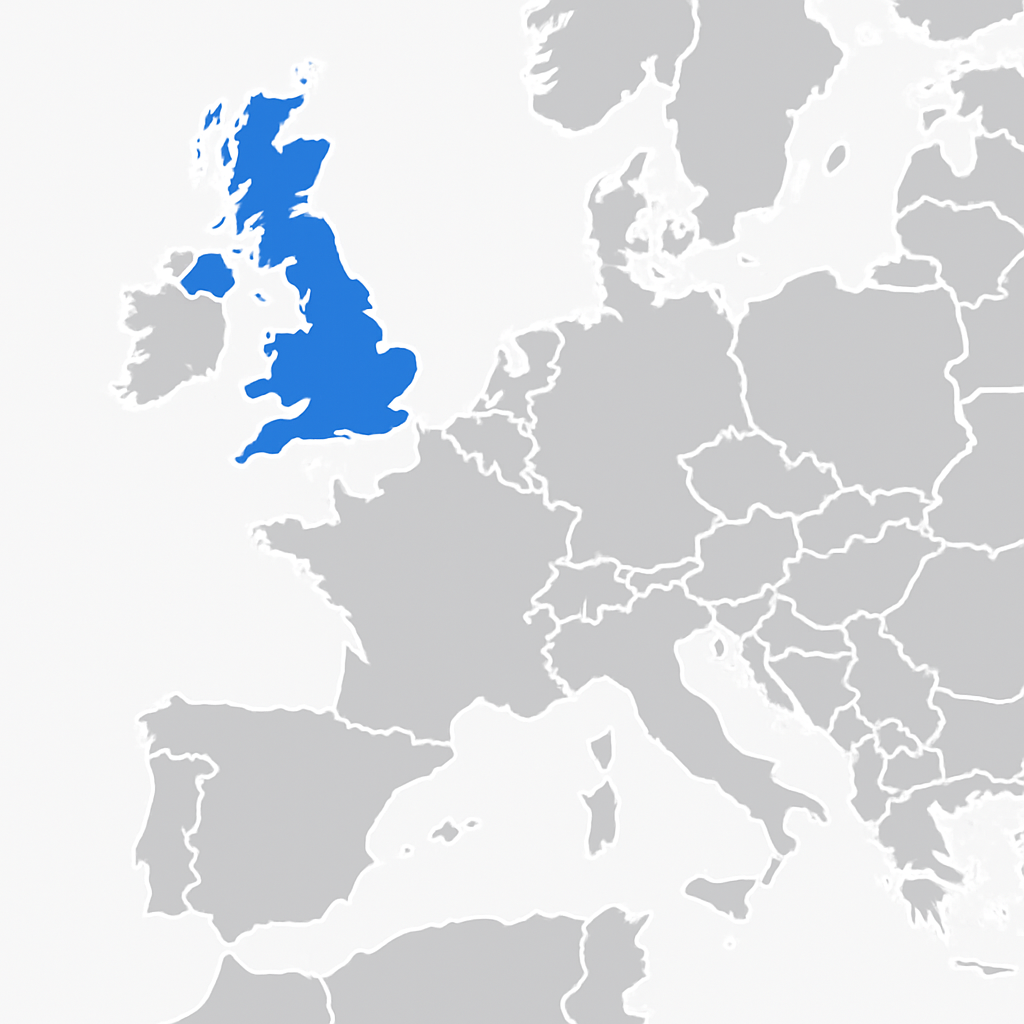
The United Kingdom has a strong network of double taxation agreements, designed to prevent benefits generated abroad from being taxed twice, once in the home jurisdiction and once in the United Kingdom. However, even in the absence of a CDI, British law allows for a unilateral relief that gives taxpayers the right to deduct tax paid abroad on benefits from a non-British source, provided that certain conditions are met. This relief cannot exceed the amount of British tax that would have accrued on these benefits, once the tax deductions provided for by national regulations have been applied.
In some cases, the applicable double taxation agreement may allow access to relief when requirements under national law would not be met. However, the most important role of these treaties for British companies is usually the reduction of withholding taxes applied by other countries on passive income such as dividends, interest or royalties.
On the other hand, the British tax system also provides for an underlying tax relief regime for foreign dividends, allowing for partial relief of taxes paid at intermediate levels when such dividends are distributed to the United Kingdom through corporate structures. This option is only relevant when dividends are subject to taxation in the United Kingdom. In practice, its application is limited, since most of the foreign dividends received by British companies are exempt from taxation.
In the United Kingdom, various tax incentives are granted through enhanced tax depreciation deductions. These replace traditional accounting amortizations for tax purposes and allow companies to deduct the cost of certain capital assets used in their business activity.
All companies, regardless of their size, can benefit from a 100% deduction on the first £1 million of annual investment in qualifying capital assets. This limit, increased from 200,000 pounds in 2019, has been permanently established. It should be noted that this amount constitutes a single allocation applicable by group of companies or by related companies.
The UK tax system provides significant incentives to encourage business investment in R&D activities. Both operating and capital related R&D expenses are generally fully deductible. In addition, companies can access improved tax deductions or refundable tax credits, depending on their profile and circumstances.
Since April 1, 2023, significant changes have been introduced. Among others, prior notification is required in certain cases, the scope of eligible costs (including certain expenses for data and cloud services) has been expanded, and greater documentary detail is required in requests.
Small and medium-sized companies can benefit from an improved tax deduction for their R&D expenses, which rose to 230%, and which as of April 2023 has been reduced to 186%. For companies at a loss, this regime can translate into refundable tax credits. In certain cases, such as when R&D represents at least 40% of total expenditure (reduced to 30% since April 2024), a higher type of credit is offered (27%).
The regime also includes limits linked to PAYE and NIC obligations, in order to prevent abuses, although there are exceptions for companies with substantial R&D activity in the United Kingdom.
Large companies and some SMEs excluded from the previous regime can benefit from the Expenditure Credit, a tax credit of 20% on eligible expenses. This credit is taxable and is reflected as income in the income statement, providing an estimated net benefit of 15% (assuming a 25% tax rate).
Since April 1, 2024, a single regime has been implemented that merges SME schemes and credit for R&D expenses, except for high credit from SMEs with high investment in R&D. Under this new scheme, the standard tax credit is 20%, with net benefits adjusted according to the company's tax situation (profitable or at a loss).
One of the main changes is the redefinition of criteria for outsourced R&D. Only the company that contracts R&D for its own project can claim the eligible costs. This standard presents particular complexities in cases of outsourcing and it is recommended to obtain specialized advice.
In addition, the new regime introduces restrictions on cost relief abroad, except when specific conditions are met. Companies at a loss will be able to apply for refundable credits subject to limits similar to those already applied to SMEs.
The United Kingdom applies a reduced rate of 10% in corporate tax to profits attributable to the exploitation of patents and certain intellectual property rights. This incentive, valid for fiscal year 2024/25, is part of the regime known as Patent Box.
The application of the benefit is subject to the Nexus principle, which requires that the company has developed a substantial part of the R&D associated with the exploited rights. Consequently, the tax benefit is calculated by applying an R&D fraction, which links qualified income to the degree of R&D activity carried out directly by the company. This approach is in line with the OECD's revised standards on intangible asset taxation.
The UK tax regime offers a number of additional incentives:
Companies can deduct 150% of the eligible expenditure in the year in which it is incurred. Companies at a loss can get a cash refund equivalent to 24 GBP for every 100 GBP of expense.
There are specific deductions for film productions, high-end television, animation, video games, theater, orchestras and museum exhibitions. As of January 1, 2024, new credit structures have been introduced for expenses over the line, similar to the RDEC regime:
Since April 2025, all new productions must be eligible for credit schemes. There are transitional rules until April 2027.
A new Tax Credit for Independent Films has been introduced with an effective benefit of 39.75% for films with budgets of up to 15 million pounds that meet certain cultural criteria established by the BFI UK.
There are no specific tax incentives aimed at encouraging foreign investment in the United Kingdom.


